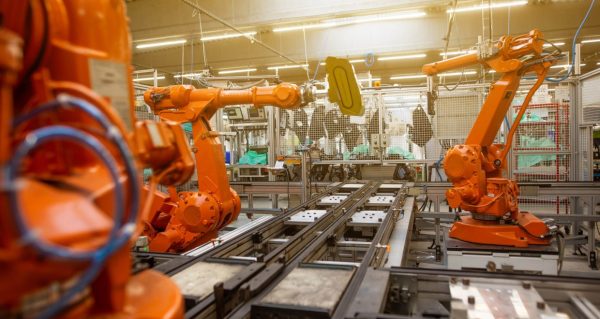Technology and Development
A Q&A with the course leader of Control Engineering
Technology and Development
A Q&A with the course leader of Control Engineering
Mastering Control Engineering: Navigating the Path to Efficiency and Innovation
What are your current research interests?
I have a long-term interest in ‘fault-tolerant control’, namely if the system you are controlling develops a fault, can an automatic system successfully control it?
We know that in principle we can control for faults, for example where experienced pilots can sometimes successfully fly planes that have been badly damaged. But we understand very little about (using this example) how long that damaged plane can be flown, under what conditions, and how human intervention vs automatic control could influence the outcome.
What is the most interesting part of the field of control engineering?
I love the fact that it can be applied in so many different areas. This is what first attracted me to study control engineering, and it continues to be the best aspect of the field. I have mostly worked on aerospace applications, but in recent years I have also applied control principles to electric power grid control, and most recently to the optimal control of the Covid-19 pandemic. Many professionals in the biological sciences are now using control theory and methods to investigate matters such as how the brain works.
What are the current ‘hot topics’ in Control Engineering?
There are huge opportunities for successfully combining control engineering with machine learning and artificial intelligence. We are already seeing this happening with autonomous vehicles, and in medical robotics.
Who/what did you have in mind when conceiving this course?
I had a very clear picture of an engineer who is confronted with a control problem, a few years after graduating from university. She probably took a course on control during her degree, but now needs at least a refresher, and probably some more depth and more advanced material. This course therefore starts from a point that requires only the knowledge and skills that graduate engineers typically possess.
I can also imagine a more senior person, perhaps a project manager, who has some control engineers working for him/her, and who now requires a better understanding of what it is that his/her colleagues do.
Finally a person might take this course for their own career development, in order to work on control engineering problems in their current or future role.
Why do you think this is an important area?
Ultimately control engineering is about ‘doing things better’, specifically in the sense of being more efficient and less wasteful. Our cars, trucks, and planes are already vastly more efficient and less polluting as a result of using advanced control engineering methods. Much more can be done in all areas of human activity. Control engineering is going to be an essential enabling tool if we are to successfully meet environmental and climate-change targets.
Explore our range of online courses led by University of Cambridge academics, and learn from thought leaders at the forefront of academic research. Visit our website for more information: advanceonline.cam.ac.uk(Opens in a new window).


